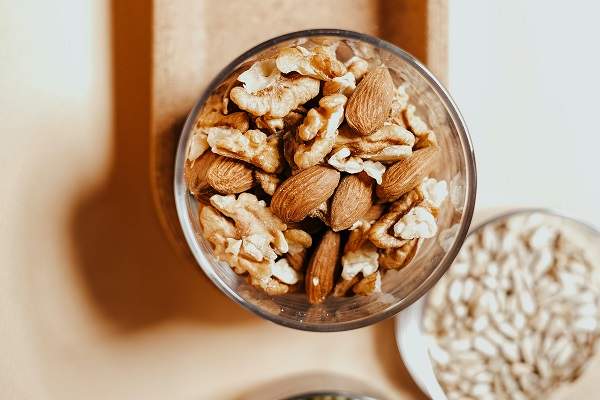If you have been undergoing regular health checks, you will be familiar with fasting blood sugar tests, whereby you are asked to stop eating 10pm the night before the test in order to get a reliable blood sugar test. You will also be familiar with cholesterol numbers, good cholesterol (HDL) and bad Cholesterol (LDL and Triglycerides). You want high HDL and low LDL and triglycerides. High LDL and triglycerides is a precursor to the onset of diabetes.
High HDL (good) cholesterol and low triglyceride levels can reduce your risk of heart attack and stroke.
Here are some steps you can take to reduce triglyceride levels and increase HDL (good) cholesterol levels:
- Reduce or avoid alcohol completely: Alcohol significantly raises triglyceride levels. If your triglycerides are higher than 150, avoid completely or limit your alcohol intake to occasional events.
- Limit fruit juice and dried fruits: Even fresh fruit juice contains a large amount of fructose sugar and can increase triglyceride and blood sugar levels. Fruit juice and dried fruit are also high in calories and can add unwanted pounds. Replace fruit juice and dried fruits with fresh fruit that has more fibre and fewer calories
- Avoid soft drinks and sports drinks: Soft drinks and sport drinks contain as many as 12 teaspoons of sugar per serving. Zero sugar and diet soft drinks though they contain no sugar are usually sweetened with artificial sweeteners. Replace soft drinks and sport drinks with water, unsweetened tea or beverages sweetened with Nutra-Sweet.
- Limit concentrated sweets: Even fat free or low fat sweets can raise your triglyceride and/or blood sugar levels. Concentrated sweets include sugar, honey, jelly, candy, cookies, cakes, pies, pastries, frozen desserts, puddings, and sugar sweetened cereals. Replace concentrated sweets with high fibre foods such as fruit, low fat yogurt, sugar free gelatine and low fat puddings.
- Limit refined carbohydrates: Refined carbohydrates include white flour, white bread, white rice, and some pasta. Limit portion sizes of these foods or replace them with whole wheat bread, lentils, whole grains, brown rice, and spinach or whole-wheat pastas
- Reduce your weight (if you are overweight): Even a 5kg (10 pounds) drop in weight can cause your triglyceride level to decrease significantly. You can drop 0.5 – 1kg (1-2 pounds) per week by limiting your portion sizes and exercising 5-6 times per week.
- Include Monounsaturated fats in your diet: Monounsaturated fats are healthy fats found in olive oil, avocados and certain nuts. In fact, the evidence shows that monounsaturated fats have a number of health benefits. They can help with weight loss, reduce the risk of heart disease and decrease inflammation. Moderate amounts of monounsaturated fat can raise your HDL (good) cholesterol. Other sources of monounsaturated fat include canola oil, peanut oil, peanuts, peanut butter, cashews, olives etc. Choose peanut butter that does not have sugar in the ingredient list. Take moderate serving sizes. Too much of a good thing can pile on calories you end up struggling to burn off.
- Include fish in your diet: Fish is low in saturated fat and rich in omega-3 fatty acids. Good choices include mackerel, salmon, herring, bluefish, lake trout, tuna, and sardines canned in oil or other such fish in your locality.
- Quit smoking: If you smoke, add quitting smoking as one of your health goals. Smoking lowers HDL (good) cholesterol and raises triglycerides. When you quit smoking your HDL (good) cholesterol increases and triglycerides decrease.
- Adopt an active lifestyle: Exercise raises your HDL (good) cholesterol. You can walk, ride a bike, or swim for at least 20 minutes, 3-5 times per week. Ideally, you should try to exercise for 30-60 minutes most days of the week. Check with your physician before beginning an exercise program. Setting aside time to exercise does not work for everyone. You can build exercise into your daily routine, adding more steps and moving away from a sedentary lifestyle, finding ways to move even in the office.
- Consider fish oil supplements – with omega 3 fatty acids. Consult your doctor before you take any supplement. Supplements should be within the context of an overall blood sugar management strategy.
- Medications: The same goes for medications. Medications may be required in drastic cases. Your doctor will recommend as appropriate.

